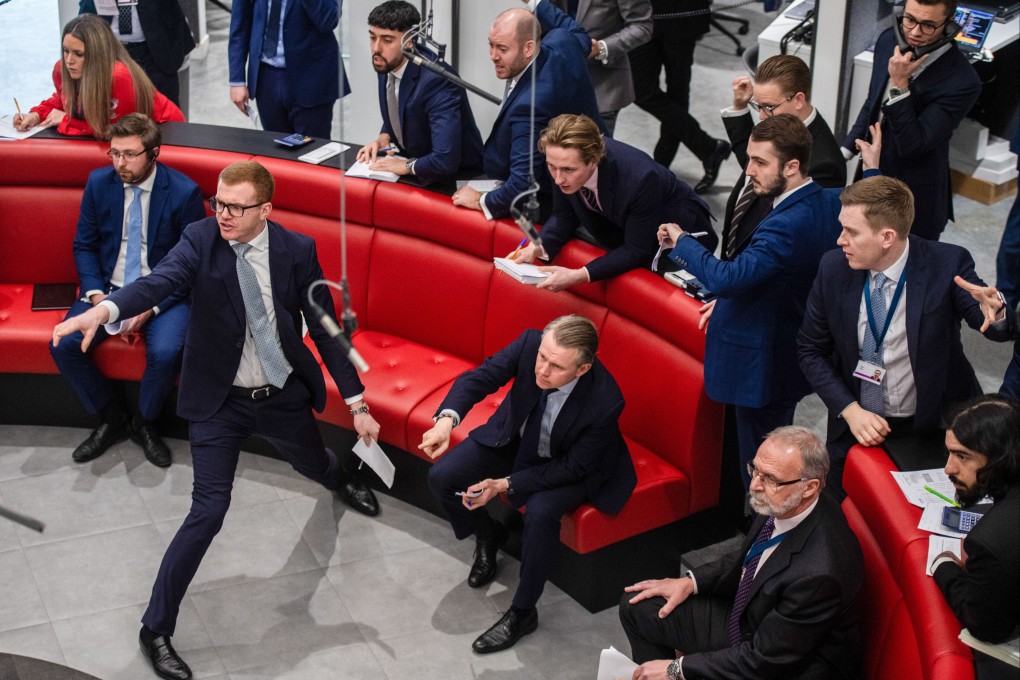LME seeks to require OTC position reporting as it rebuilds its reputation after nickel chaos
- HKEX-owned bourse is asking for feedback on new requirement to report over-the-counter positions in some metals on a weekly basis
- New reporting requirement is part of expected reforms to address conditions that led to a weeklong suspension of nickel trading in March

The metals at issue include aluminium, copper, nickel, tin and zinc. The consultation period is set to run until May 27.
“Recent events in the LME Nickel market have demonstrated the effects that OTC activity can have on the wider LME market,” the bourse said in a consultation paper released on Friday. “The LME believes it is now essential to accelerate the introduction of regular OTC reporting, and correspondingly to introduce related accountability levels, for all physically deliverable metals on the LME.”
The LME was forced to cancel trades and suspend nickel trading for a week in early March, as a surge in prices threatened to destabilise the market amid a short squeeze that triggered billions of dollars in margin calls.
It was only the second time in its 145-year history that the exchange had cancelled trading in one of its metals.
